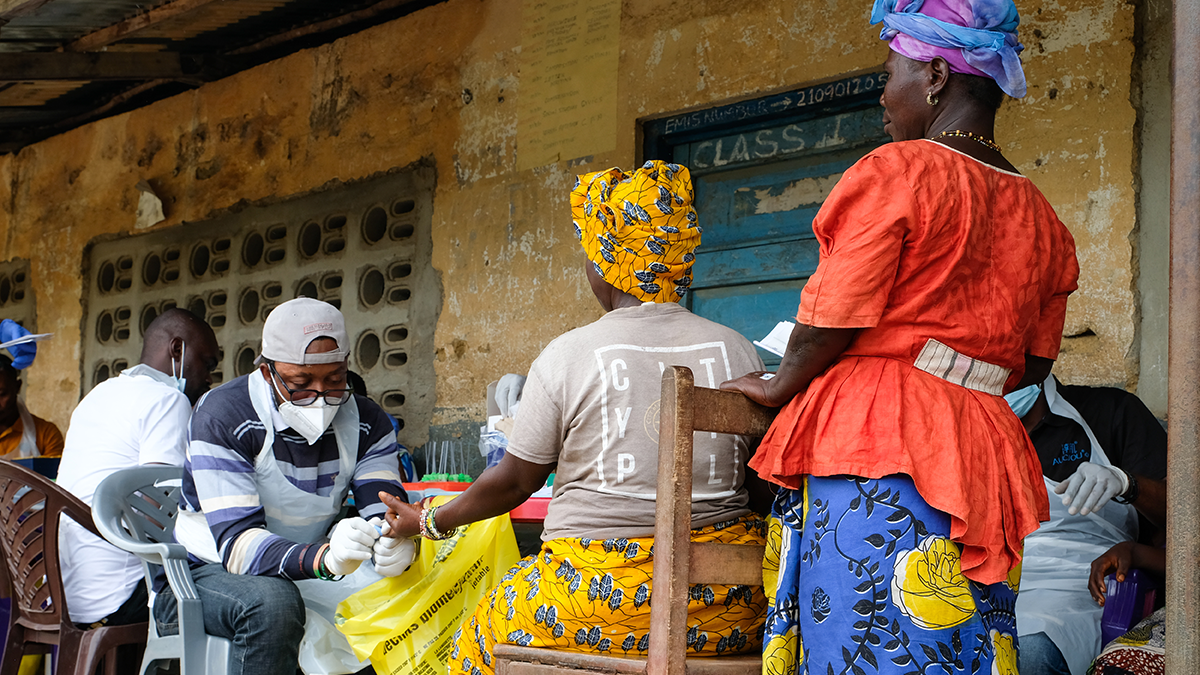Preventing Lymphatic Filariasis - CDC
- Check to see if lymphatic filariasis is spread in the region or country you will be visiting before travel.
- Avoiding mosquito bites is the best way to prevent lymphatic filariasis.

Prevention steps and strategies
The best way to prevent lymphatic filariasis is to avoid mosquito bites.
Steps to prevent mosquito bites
- Use Environmental Protection Agency (EPA)-registered insect repellents with one of the active ingredients:
- DEET (Insect repellents that contain DEET offer the best protection against mosquito bites.)
- Picaridin (known as KBR 3023 and icaridin outside the US)
- IR3535
- Oil of lemon eucalyptus (OLE)
- Para-menthane-diol (PMD)
- 2-undecanon
- Wear loose-fitting, long-sleeved shirts and pants and socks.
- Use 0.5% permethrin spray to treat clothing and gear (such as boots, pants, socks, and tents) or buy permethrin-treated clothing and gear.
- Do not use permethrin products directly on skin.
- Keep windows and doors closed or covered with screens to keep mosquitoes out.
- Repair broken screening on windows, doors, porches, and patios.
- Sleep in a well-screened or air-conditioned room, or sleep under a permethrin-treated bed net.
If you are traveling
- Before you travel, learn about the health risks and precautions recommended for your destination.
- Sleep under insecticide-treated nets or in rooms with the windows closed.
There is no vaccine or drug to prevent onchocerciasis infection.
Lymphatic filariasis is considered a neglected tropical disease, or NTD. There is a global campaign to eliminate lymphatic filariasis as a public health threat. The campaign focuses on interrupting transmission by controlling mosquitoes and giving medicine that kills the microscopic worms to entire affected communities. For those already affected by the disease, the global campaign aims at preventing morbidity and reducing disability by providing essential care. Successful campaigns to eliminate lymphatic filariasis have taken place in some countries.
Content Source:
National Center for Emerging and Zoonotic Infectious Diseases (NCEZID)
Comments
Post a Comment